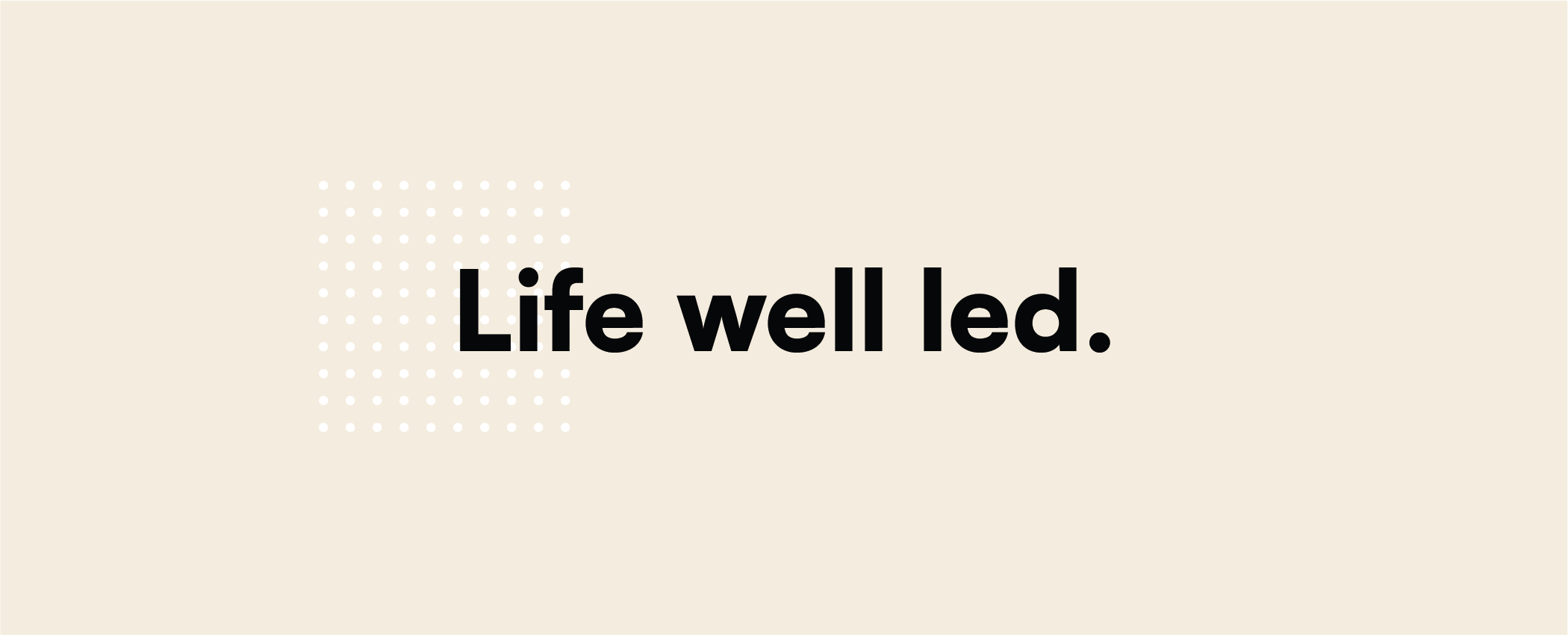
When Do Your Best Ideas Come?
May 30, 2024 | John Elliott
Hitting “send” on my first newsletter turned out to be scarier than I expected—but it made the encouraging messages that flooded in all the more meaningful. To those who read, replied, called, or texted, thanks for taking a few minutes out of your day to engage. Your words meant more than you realized. Alright, onto this week’s question…
When do your best ideas come?
Over the past few years, I’ve found myself thinking more and more about ideas—wondering which spaces, environments, and activities are most conducive to generating the best and most creative ones. As part of that curiosity, I recently posed a simple question on LinkedIn and then to a group of friends: When do your best ideas come?
Here’s a quick summary of the responses I received:
Showering
Driving
Cycling
Swimming
Running
Walking
Weightlifting
Hunting
As I analyzed the responses, two clear themes emerged:
All of them involve some kind of movement.
None of them involve screens.
I think both are worthy of reflection. First, the “movement” piece. I’m no expert on how the brain works. But based on my experiences and the feedback I’ve heard from others, there seems to be something about movement that sparks a different and more creative kind of brain activity.
It makes me think about the early stages of COVID. As I was home for months with four young children, I got into the habit of taking work calls as I walked the neighborhood. And I loved it! I felt more energized and engaged as I spoke with clients, and I was able to offer more thoughtful, creative solutions to their problems. In ways I still can’t explain scientifically, movement was generating a different but better kind of brain activity.
Next, let’s address the “screenless” theme, which I suspect is an even bigger driver of creative thinking. And again, I’ll return to COVID.
During the summer of 2020, we spent some time in the Rocky Mountains. While there, I read a book by Cal Newport entitled, “Digital Minimalism.” The grandeur of the mountains combined with Newport’s call to a ruthless cost-benefit analysis of technology engagement led to some major changes in my life.
Out went: Facebook, Twitter, and Instagram.
In went: more reading, exercising, and journaling.
To say that was a good trade would be the understatement of a lifetime. In giving up those social media platforms, I lost almost nothing—just a bunch of virtual junk food. What I gained was more time for screenless activities that spark high-ROI ideas in my life.
Now, a thoughtful reader might say, “OK, that’s fine, but what about this newsletter? Isn’t it a direct by-product of our digital ecosystem? And didn’t you say in the opening you were posting on LinkedIn?” Fair questions.
I’m not saying all digital technology is bad. The case I’m making—based on my own experiences and feedback from others—is that our very best ideas are not likely to come when we’re engaging with devices and platforms that have been specifically engineered to prevent us from the kind of deep work that adds unique value to the world. Accessing those ideas seems to require the kind of “disconnection” inherent to the crowd-sourced examples above.
So as you reflect on your own experience with generating high-leverage ideas, I’d invite you to consider the following questions:
When do your best ideas come?
How might you create more space in your life for those types of activities?
What am I missing on this topic?
A thought from a fellow traveler
As I shared in my first newsletter, I don’t write from the perspective of a “master leader.” Instead, I’m encouraging us to think of Life Well Led as a chance for fellow travelers to walk the journey of leadership together. In that vein, I’ll periodically share an insight or recommendation from a newsletter subscriber.
I’m still chewing on many of your responses to the question I posed last week—“What’s your relationship with failure?” But I’ve already found unique encouragement in the song “What If” by Jess Ray, shared by a reader and friend in Raleigh. These lines were especially thought-provoking:
What if the side of you you’re hiding
Is what the world really needs
And this puzzle finds a missing piece
When you are who you were made to be
Carry on follower travelers, we’ll talk soon.

